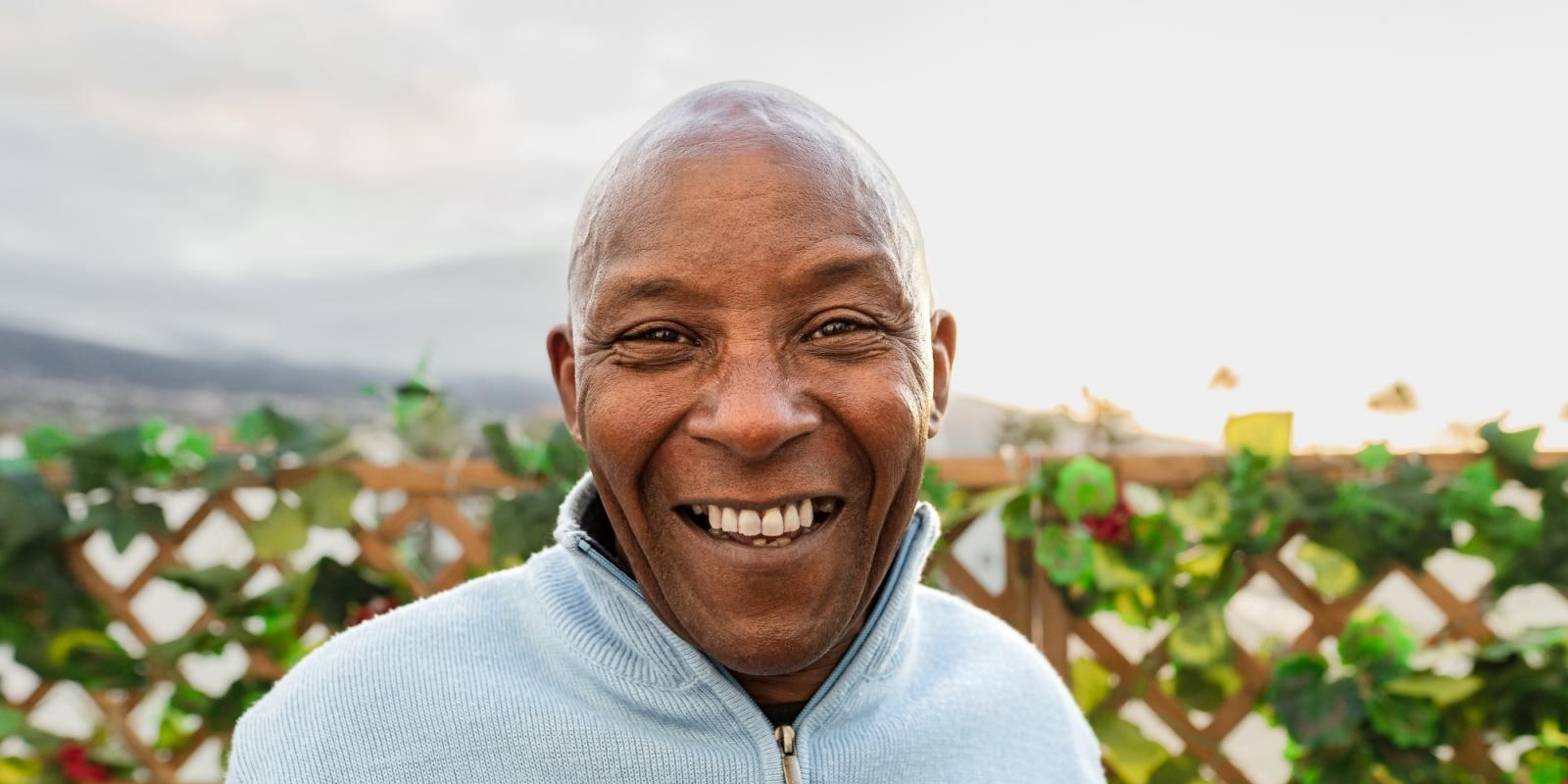The world of HIV has traversed a transformative journey spanning more than four decades, marked by a shifting landscape of terminology and attitudes. In this journey, terms like “adherent,” “undetectable,” and “one pill therapy” have emerged, alongside a concerted effort to combat stigma with the use of people-first language and pronouns. Yet, despite these advancements, the persistent categorization of individuals as “older adults” underscores lingering challenges in perception and representation.
At the Silver Lining Project, we defy such narrow classifications, proudly asserting our identity as “Distinguished Black Men” as we embark on the path of survivorship, eager to illuminate our collective narrative.
Amid our ranks, many recount their initial despair upon receiving an HIV diagnosis, once believing they would not witness the year 2024. The enduring stigma surrounding the virus, compounded by social isolation and discrimination, inflicted deep wounds on our mental well-being and overall quality of life.
Healthcare systems, ill-equipped and unprepared, failed to adequately address the needs of Black men living with HIV, leaving our community conspicuously absent from the list of survivors.
‘We harness our creativity, ingenuity and the power of community mobilization to forge pathways toward health and fulfillment.’
Our churches, which traditionally had been our “place of refuge in the times of trouble,” disowned us or kicked us to the curb. As the disease decimated our brothers, these houses of worship would not allow a proper funeral service. Adding fuel to the fire, depending upon your social status at the church, the obituary might have listed you as passing away from “cancer,” to allow the church to memorialize you properly. What a horrible way to die—our brothers suffered in silence in death.
Yet, in the face of adversity, our resilience as distinguished Black men shines through. Drawing upon centuries of collective experience, we harness our creativity, ingenuity and the power of community mobilization to forge pathways toward health and fulfillment. Through collaboration with healthcare providers, policymakers and mental health professionals, we strive to ensure equitable access to care and support for our brothers. By confronting head-on the unique challenges of living with HIV, PTSD, trauma, loss and stigma, we chart a transformative course toward improved health outcomes and enhanced quality of life.
Our journey toward survivorship is deeply rooted in self-awareness, as each individual navigates a unique path shaped by their personal experience and revelation. The recognition that PTSD extends beyond the confines of military service, or that childhood circumstances can sow the seeds of trauma, serves as a catalyst for understanding and healing.
We remember a workshop that included a TED Talk by Dr. Nadine Harris, delving into the Adverse Childhood Experiences (ACEs) Study. Her profound video illuminated how childhood circumstances sowed the seeds of trauma, based on factors such as our environment and upbringing. We can attribute some of our behaviors based on scientifically proven facts and not because of family or neighborhood gossip.
Similarly, a presentation on HIV-related stigma in healthcare shed light on a profound truth: the very institution of medicine in the United States was and continues to be shaped by the lives of Black and African American people. This truth became glaringly evident when we delved into the historical narratives, such as that of the renowned Dr. Crawford Long, whose early experiments on non-consenting enslaved individuals contributed to his acclaim.
These revelations about the historical intersections of race, healthcare and stigma shed light on systemic injustices, driving us toward greater advocacy and empowerment. While we are aware of regulations like HIPAA and informed-consent forms to address medical ethics and laws, we still face the dilemma of listening to medical jargon as if both the patient and the physician completed that course on medications and its adverse effects.
‘As we confront the realities of stigma and discrimination, we refuse our voices to be silenced.’
As we confront the realities of stigma and discrimination, we refuse our voices to be silenced. Triggered by the historical stigma surrounding Black men and their skin, we demand accountability and change within healthcare systems. Armed with the tools of education and advocacy, we refuse to accept mediocre treatment or inequality in access to care. It is time we speak up, to demand dignity and respect for ourselves and for our community as we continually navigate this complex terrain of healthcare.
One of our members said: “Finding myself triggered by the historical stigma surrounding Black men and their skin, I navigate toward hospitals where my presence is not always welcomed. I enter facilities where access is often dictated by insurance status, only to receive treatment that falls short of excellence, despite knowing there are superior alternatives—alternatives honed on the bodies of my people without their consent. No more! I’ve undergone training, equipping myself with the tools to demand change in how you perceive and treat myself and my community. It’s time to speak up, advocating for the dignity and respect we deserve as brothers and sisters seeking care.”
Long-term survivors embody dignity and authority in their demeanor and appearance. Being distinguished commands respect. To label someone as distinguished is to honor their wisdom, achievements, and professional demeanor. Typically associated with age, distinguished individuals exude a sense of accomplishment and carry an impressive reputation. Beyond 50 and thriving in health is attainable and within reach.
In this journey of healing and growth, we recognize that traumatic experiences hold significant sway over our identities and perceptions. Yet, we affirm that trauma is not our identity—it is but one aspect of our lived experiences. By releasing the grip of pain and embracing healing, we pave the way for a future defined by resilience, strength and well-being.
Together, we stand as living testaments to the power of resilience, forging ahead with determination and hope toward a brighter tomorrow. We are the Distinguished Black Men of The Silver Lining Project.
Joe Robinson is a program manager at THRIVE SS in Atlanta, Ga. Darryl (D.C.) Branch is a program coordinator at THRIVE SS.
Photo credit: Shutterstock/AlessandroBiascioli













